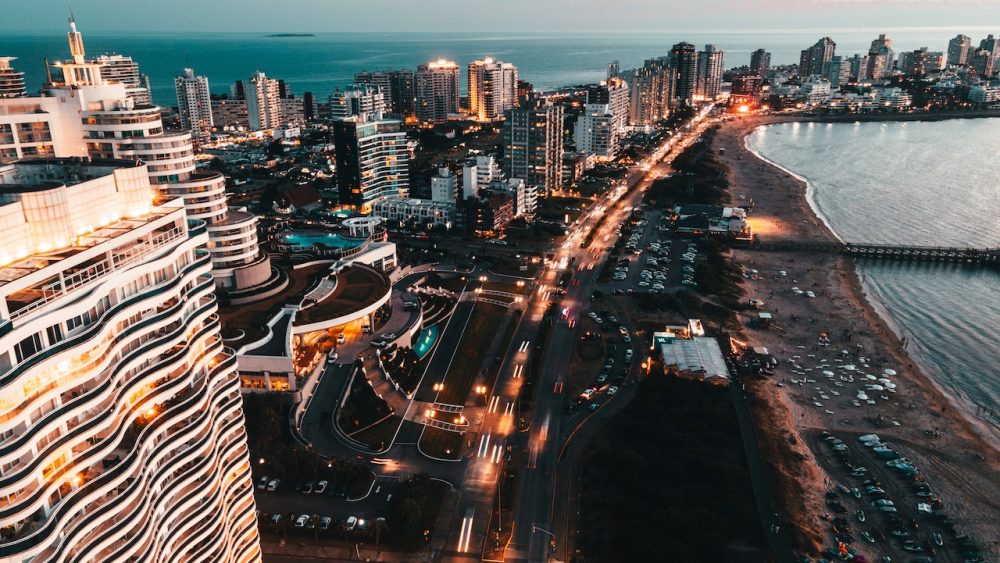On 28 March 2023, Uruguay became the third Latin American country to ratify the Singapore Convention on Mediation (the SCM) after Ecuador and Honduras, and the first to ratify the SCM for the year. Today, Latin American countries form one of the largest blocs among the 11 who have ratified the SCM.
It has been nearly three years since the SCM came into force on 12 September 2020. One hopes that ratifications will pick up pace with the easing of COVID-19 travel restrictions. As global trade flow recovers to pre-pandemic levels, the SCM plays an important role in establishing a legal framework that facilitates rapid restoration of international trade relationships.
Around the globe, the trend to embrace mediation processes in cross-border dispute resolution mechanisms has been growing. India’s parliament is reviewing its mediation bill. The Chinese government has set up a centre in Hong Kong to promote international mediation in China. Japan is looking at signing the SCM soon.
Amidst rising protectionism and polarization, the SCM is an important counterforce, focusing the minds of policymakers on multilateralism, joint problem solving, and mutual respect.
Uruguay is one of the smallest countries in Latin America by population size, but it stands out among the South American countries for its developed economy as it has the second highest per capita income.
Uruguay is a centre of global trade. This may be why, like Singapore, it took the step of ratifying the SCM without any reservations. This allows the SCM to apply to all mediated settlement agreements save where parties expressly choose for it not to apply, and it will also apply to contracts where the Uruguayan government is a party.
Commercial mediation is not new to Uruguay. The government and courts have strongly encouraged mediation for a variety of disputes, including family, labor and community disputes. Mediation services are also offered by the Montevideo Stock Exchange (Bolsa de Valores de Montevideo) and private business chambers for disputes relating to stock trading and securities transactions.
Mediation has successfully decongested the work of the Uruguayan courts. Courts have included mediation as a necessary step for any claims filed. Save for exceptions made by law, no suit in a civil matter may be brought without first showing that settlement has been attempted before a Justice of the Peace.
In Montevideo alone, there are five Mediation Centers which are presided over by the Mediation Department of the Uruguayan Supreme Court of Justice. While social assistants or public defenders used to attend these centers on a voluntary basis, the centers now also offer the services of full-time trained co-mediators.
Uruguay’s mediators are good at what they do. The high mediated settlement rate stands out amongst statistics reported by the Mediation Department: Out of the 1278 mediations carried out by Montevideo’s Mediation Centers in 2020, 99.6% managed to reach an agreement. Regarding the nature of these disputes, the highest percentage were family disputes, followed by civil and community disputes. Labor and community disputes were the least common.
Most mediation in Uruguay is conducted by the court-based mediation centers where parties can access the mediation free of charge. Complementing this are independent mediation services offered by law firms as well as various mediation training courses from private universities. Notably, Uruguay also has a private Union of Mediators (UNIDEM – URUGUAY). This is an interdisciplinary network of professionals offering links to other mediators across the world.
As a global trading hub, it is unsurprising that Uruguay is a strong champion for mediation of cross-border commercial disputes. One has good reason to be hopeful that Uruguay’s ratification will catalyze the use of mediation for cross border disputes amongst its larger trading partners such as China, Brazil and the USA – all of whom are also signatories of the SCM.




